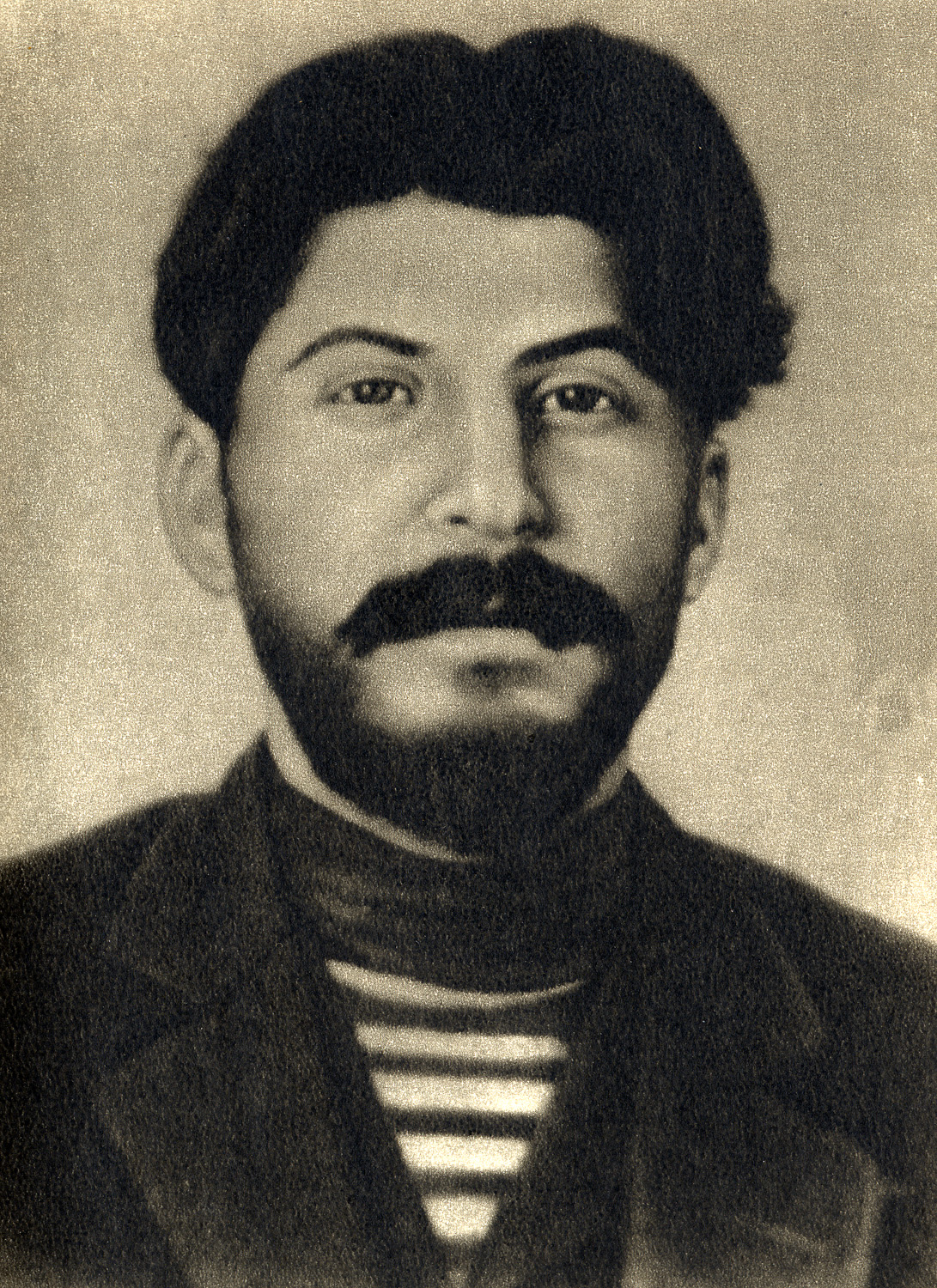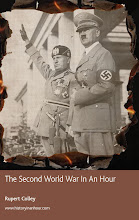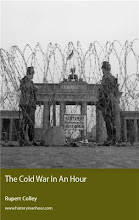130 years ago today, December 21st 1879, in Georgia, was born one of the greatest tyrants, Josef Vissarionovich Dzhugashvili, better known to history by his adopted name - Stalin, 'man of steel'. Training to be a priest, Stalin was expelled from his seminary in 1899 and from there followed the revolutionary path of a Marxist.
Stalin's rise
Following the October Revolution in 1917 and the formation of the Soviet Union, Lenin delegated numerous tasks to his eager protege culminating in 1922 with Stalin's appointment as General Secretary of the Communist Party. But Lenin began to regret his decision and Stalin's fast-track rise through the party hierarchy believing Stalin to lack the necessary tact and skill for such a post.
"Stalin is too rude."
In January 1923 Lenin penned a secret memorandum suggesting Stalin's removal from power: "I am not sure whether (Stalin) will always be capable of using (his) authority with sufficient caution... Stalin is too rude and this defect... becomes intolerable in a Secretary-General. That is why I suggest that the comrades think about a way of removing Stalin from that post and appointing another man in his stead."
The other man Lenin had in mind was Stalin's great rival Lev Trotsky. Together with Trotsky, Lenin was going to use the party congress in April that year as his opportunity to have Stalin removed. But in March Lenin suffered a stroke, his third, which confined him to home and effectively ended his political career.
After Lenin
In January 1924 Lenin died. Trotsky may have been the obvious successor but two of his rivals, Lev Kamenev and Grigori Zinoviev, suppressed Lenin's memorandum and decided to side with Stalin, from whom they felt they had nothing to fear. Trotsky was promptly sidelined and eventually expelled from the party and exiled from the country.
But if Kamenev and Zinoviev thought they could tame the Georgian beast they were wrong. Stalin sided with Nikolai Bukharin to have them removed from the party before turning on Bukharin as well. Between 1936 and 1938 Kamenev, Zinoviev and Bukharin were all put on show trial accused of ridiculous charges, sentenced and executed.
Absolute power
Stalin's power was now absolute and he was to rule the Soviet Union unopposed, respected and feared until his death, aged 73, in March 1953.
Rupert Colley.
Monday, 21 December 2009
Subscribe to:
Post Comments (Atom)







No comments:
Post a Comment